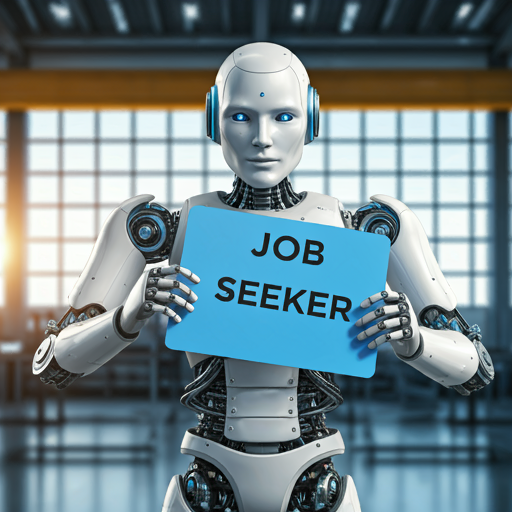Artificial intelligence (AI) has rapidly evolved in recent years, transforming industries and reshaping the way we live and work. As AI capabilities continue to advance, there is growing concern about its potential impact on the job market. While some fear widespread job displacement, others argue that AI will create new opportunities and drive economic growth.
AI’s Role in Automation
One of the primary concerns is AI’s ability to automate tasks traditionally performed by humans. In sectors like manufacturing, customer service, and transportation, AI-powered systems can now perform tasks more efficiently and cost-effectively than their human counterparts. This has led to fears of job displacement, particularly for low-skilled and repetitive roles.
However, it’s important to note that automation has been a constant throughout history, and while it may lead to job losses in some areas, it can also create new opportunities. For example, the rise of automation in manufacturing has led to the creation of new jobs in fields like engineering, data analysis, and maintenance.
New Jobs Created by AI
As AI technology continues to develop, it is also creating new jobs and industries. The demand for AI specialists, data scientists, and machine learning engineers is rapidly increasing. Additionally, AI is driving innovation in fields such as healthcare, finance, and education, leading to the creation of new roles and opportunities.
The Skills Gap and Future of Work
To thrive in an AI-driven economy, individuals will need to develop a new set of skills. These skills include critical thinking, problem-solving, creativity, and adaptability. Lifelong learning will be essential as the job market evolves and new technologies emerge.
Ethical Considerations and Policy Implications
The widespread adoption of AI also raises ethical concerns. Bias in AI algorithms, privacy concerns, and the potential for job displacement are just a few of the challenges that need to be addressed. Governments and businesses must work together to develop ethical guidelines and policies that ensure the responsible development and use of AI.
Conclusion
The impact of AI on the job market is a complex issue with both potential benefits and risks. While there is a risk of job displacement, AI also has the potential to create new opportunities and drive economic growth. By developing the necessary skills and addressing ethical concerns, we can harness the power of AI to create a more prosperous and equitable future.

